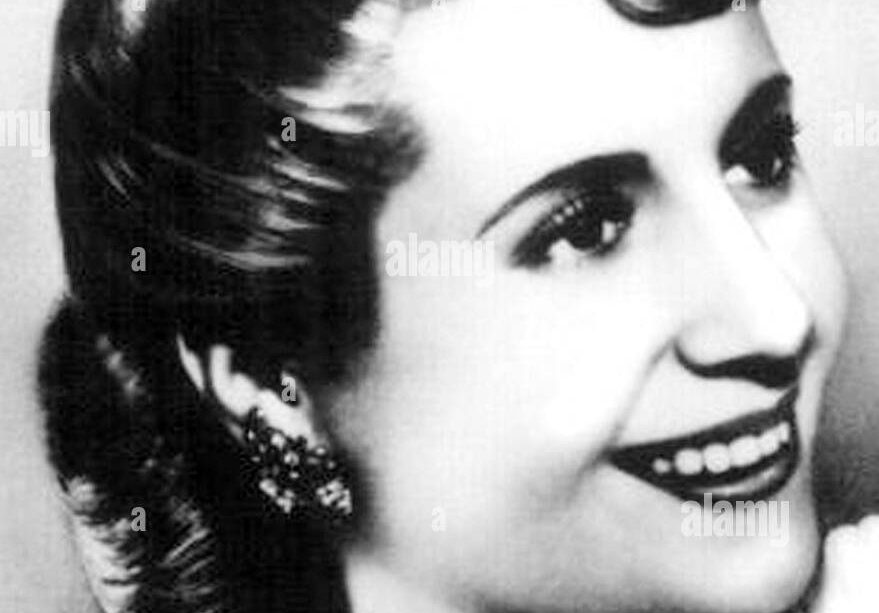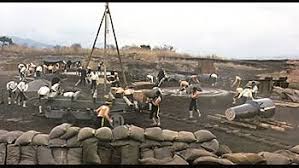The Legacy of Eva Perón: A Symbol of Hope and Change

Introduction: Who Was Eva Perón?
Eva Perón, often affectionately referred to as ‘Evita’, remains one of Argentina’s most iconic figures. Born on May 7, 1919, in Los Toldos, she rose from humble beginnings to become the First Lady of Argentina and a champion of the working class and women’s rights. Her life and political stance have had lasting impacts on Argentine society, making her an enduring symbol of both hope and opposition.
Early Life and Rise to Prominence
Eva’s journey began in a rural village, where she lived in poverty as the daughter of a single mother. At the age of 15, she moved to Buenos Aires to pursue a career in acting. It was during this time that she met Juan Domingo Perón, a rising politician. Their marriage in 1939 catalysed her transformation from actress to influential political figure.
The Role of Eva Perón in Politics
As First Lady, Eva Perón became involved in social welfare initiatives. She founded the Eva Perón Foundation, which aimed to provide aid to the poor and promote social justice. Her work extended to championing women’s suffrage in Argentina; in 1947, her tireless efforts led to women being granted the right to vote. Additionally, she was instrumental in the establishment of various labour rights, influencing significant social reforms.
Challenges and Enduring Legacy
Despite her achievements, Eva faced significant opposition from conservative sectors of society and the media during her lifetime. Criticisms often stemmed from her humble origins and her role as a powerful woman in politics. Nevertheless, Eva Perón’s impact on Argentine culture and identity continues to be felt today. She has inspired countless representations in literature, theatre, and film, including the world-famous musical ‘Evita.’
Conclusion: The Significance of Eva Perón Today
Eva Perón passed away from cancer at the young age of 33 in 1952, but her legacy lives on. She remains a powerful figure in discussions around feminism, social justice, and populism in Argentina and beyond. As debates about equality and workers’ rights persist, her story serves as a reminder of the potential for individuals to influence social change. In remembering Eva Perón, we honour the fight for the rights of the underprivileged and inspire future generations to carry the torch for justice.









